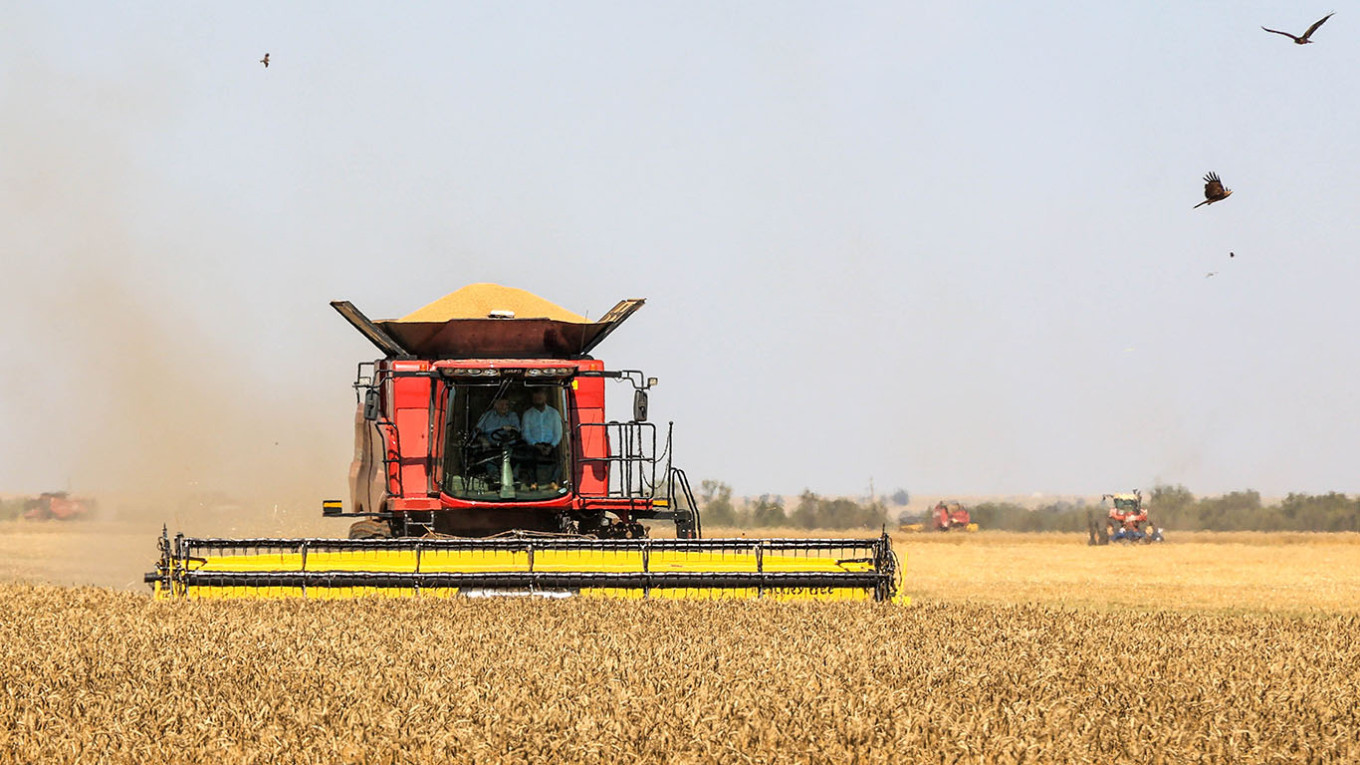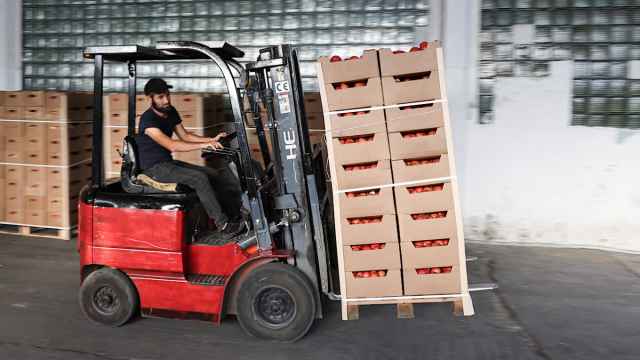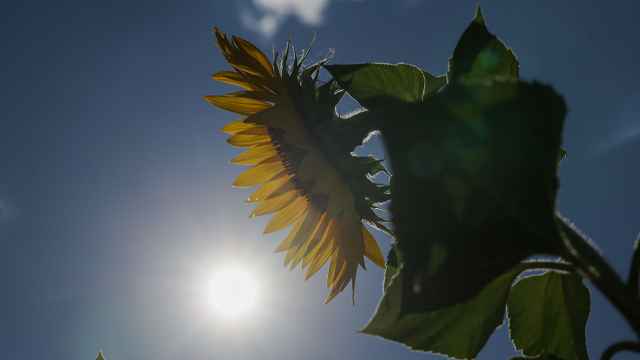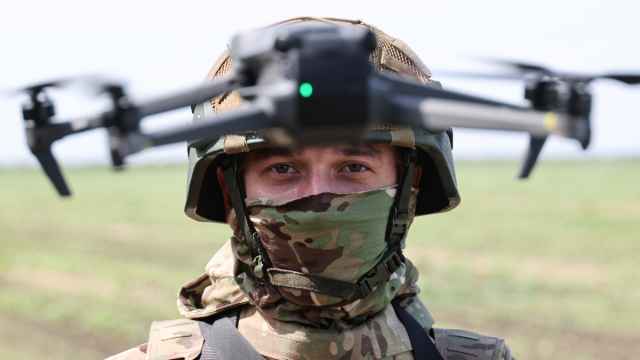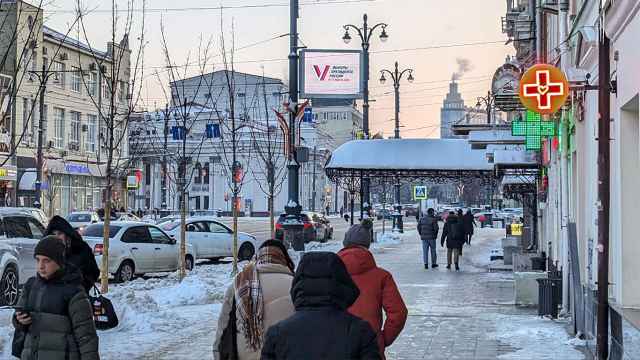The Voronezh region has declared a state of emergency in two districts after violent storms earlier this month destroyed large swaths of crops in one of Russia’s most important grain-producing areas.
The emergency decree signed by Governor Alexander Gusev on July 25 and published Tuesday affects the Verkhnekhavsky and Novousmansky districts, which were hit by a powerful hurricane and hailstorm between July 13 and 14.
Voronezh ranks among the country’s top five grain producers and is a major supplier of sugar beets.
Regional agricultural authorities have been ordered to complete damage assessments by Aug. 1.
Voronezh had previously been under a regionwide state of emergency from late May until last week due to a series of unseasonal frosts that wiped out nearly half of the region’s planned fruit and berry harvest.
The neighboring Krasnodar and Rostov regions have also declared emergency situations across nine and 19 districts respectively in recent weeks, as the country’s key farming areas grapple with a season marked by extreme weather events.
Together, Voronezh, Krasnodar and Rostov account for nearly 20% of Russia’s total grain output.
The People’s Farmer association, a Russian agribusiness group, warned that the affected regions could see crop losses of up to 25% for wheat, corn and sunflower in the 2025 harvest.
The outlook is especially grim in Rostov, Russia’s largest grain-producing region.
After last year’s harvest fell 29% short of projections due to frost — yielding just 11.4 million tons instead of the planned 16 million — officials now expect a further 20% decline in 2025, likely marking the region’s smallest grain harvest in a decade.
Analysts at the Institute for Agricultural Market Studies (IKAR) project that Rostov, along with Krasnodar and Stavropol, will produce their smallest combined grain crop in five years.
Despite mounting regional losses, Russia’s Agriculture Ministry has so far stood by its national forecast of 135 million tons, up slightly from last year’s 129.8 million, citing strong performance in the Central, Volga and North Caucasus regions.
A Message from The Moscow Times:
Dear readers,
We are facing unprecedented challenges. Russia's Prosecutor General's Office has designated The Moscow Times as an "undesirable" organization, criminalizing our work and putting our staff at risk of prosecution. This follows our earlier unjust labeling as a "foreign agent."
These actions are direct attempts to silence independent journalism in Russia. The authorities claim our work "discredits the decisions of the Russian leadership." We see things differently: we strive to provide accurate, unbiased reporting on Russia.
We, the journalists of The Moscow Times, refuse to be silenced. But to continue our work, we need your help.
Your support, no matter how small, makes a world of difference. If you can, please support us monthly starting from just $2. It's quick to set up, and every contribution makes a significant impact.
By supporting The Moscow Times, you're defending open, independent journalism in the face of repression. Thank you for standing with us.
Remind me later.


